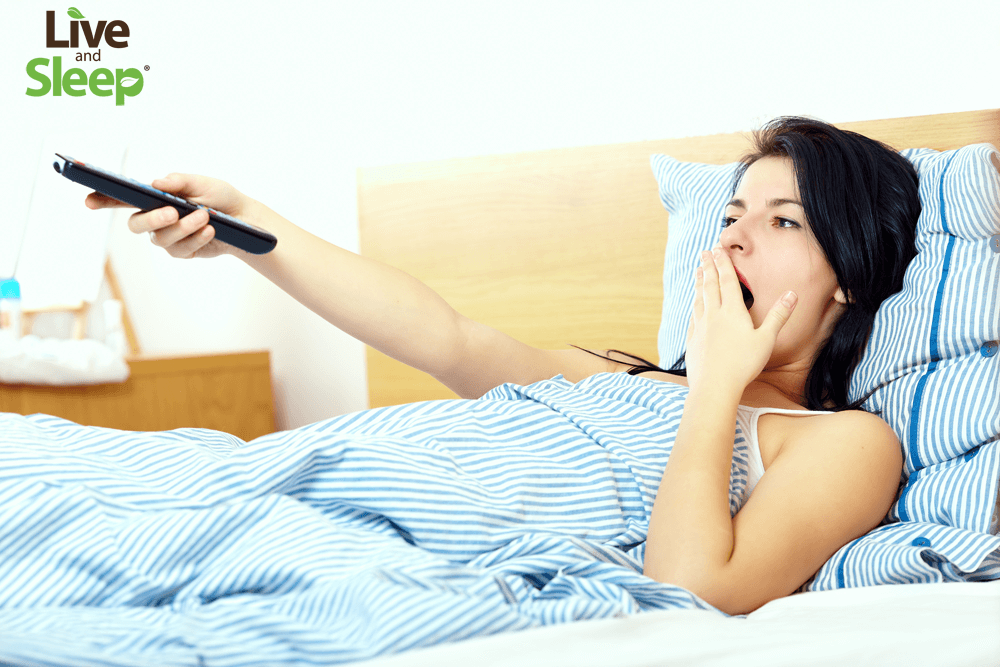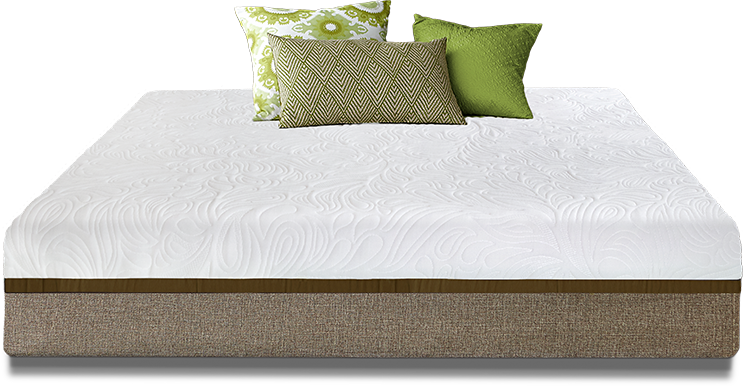If You Snooze You Loose

The saying goes that “if you snooze, you lose,” but when it comes to weight loss, this may actually work for you. A lot of people are surprised when they hear the most important factor for losing weight isn’t diet or exercise, it is actually sleep! Is it because of your old mattress, blue light from your cell phone or tablets, or is it because of your diet?
Here is the reason why. If you aren’t getting enough zz’s every night, studies have shown that not only are you making it harder to stick with a healthy diet, but you’re also not going to have the energy and stamina you need to stay active and give your best effort to your workout program. Additional research is needed, evidence is showing us the need of sleep for slimming down. A lack of sleep could be the reason that most adults find the scale is stuck, despite their effort towards losing weight.
Metabolism slows down.
You might have read that a lack of sleep can slow your metabolism. It can also happen after just one night of sleep deprivation. A Swedish study found when a group of healthy, young male subjects stayed awake all night, their metabolic rate slowed down. Which ended up reducing their energy expenditure for tasks such as breathing and digestion by as much as 20% the following day. Research suggests that not sleeping enough on a regular basis can cause negative effects on metabolism.
Appetite for high-calorie, high-fat foods increases.
Feeling tired may end up making it harder to say no to those doughnuts at work. According to a 2012 study, when subjects slept just an hour and 20 minutes less each night, they ended up consuming an average of 549 additional calories the next day. That seems like some added snacking right there and it was not healthy stuff most likely. Sleep has an on your body’s levels of appetite stimulating and controlling hormones ghrelin and leptin. This makes it harder for your body to recognize when you are full. It’s not clear exactly why, lack of sleep may also cause us to eat higher-fat, higher-calorie foods.
Your energy and energy output decreases.
Since you are awake longer you may think, I will have more opportunities to burn off extra calories, right? It does not work like that all the time. Studies have shown that sleep-deprived people are likely to be less physically active than those who have had enough sleep. When you’re tired, you aren’t exactly breaming with energy, right? You will probably find yourself less active overall during the day, and not wanting to get a work out in at all. Sleep can actually help your performance at the gym, so don’t forget about good sleep it if one of your goals is to improve your fitness level and change your body.
You’re more likely to get the late-night snack moments
Staying awake for more hours ends up creating more time to possibly eat additional calories. While it’s not for sure that you’ll eat more if you stay awake longer, extra hours of access to the fridge may increase your chances of snacking. Most of us tend to eat more at night in front of the TV. So watching those late night shows may also be causing you to eat too much.
An increase for risk of diabetes and heart disease.
Not getting a good sleep can also weaken your immune system and put you at a risk for disease. One Massachusetts Male Aging Study found that patients who slept less than six hours a night were twice as likely to develop diabetes over the 15-year study period. Sleep deprivation may also put you at a greater risk for heart disease. A study found that people who got less than five hours of sleep a night had a greater increased risk factors for cardiovascular disease, such as increased heart rate. And yet another long-term Nurses’ Health Study found that women who slept less than five hours a night were 15% more likely to gain weight during the research period of 16 years.
What should you take away from this? Don’t ruin all of your hard work by skimping on sleep. Make an effort to get enough rest to stay healthy and shed pounds. While it may feel hard at first, it’s much more manageable if you start small. Rather than suddenly hitting the bed, a few hours earlier from one night to the next, try going to bed 15 minutes earlier every night for a week until. So you can gradually shift your bedtime back to meet your personal sleep goals. In a perfect world, you would wake up before the alarm — or at least rise feeling refreshed.
You may find that sleep is the missing piece in your healthy lifestyle and that it can bring back your energy and vitality and help you reach your fitness and weight loss goals faster. Why not try a new Live and Sleep mattress to help accomplish your goal.
This website is provided for general information only, and should not be treated as a substitute for the medical advice of your own doctor or any other health care professional. Live & Sleep is not responsible or liable for any diagnosis made by a user based on the content of this website. Always consult your own GP if you’re in any way concerned about your health.





